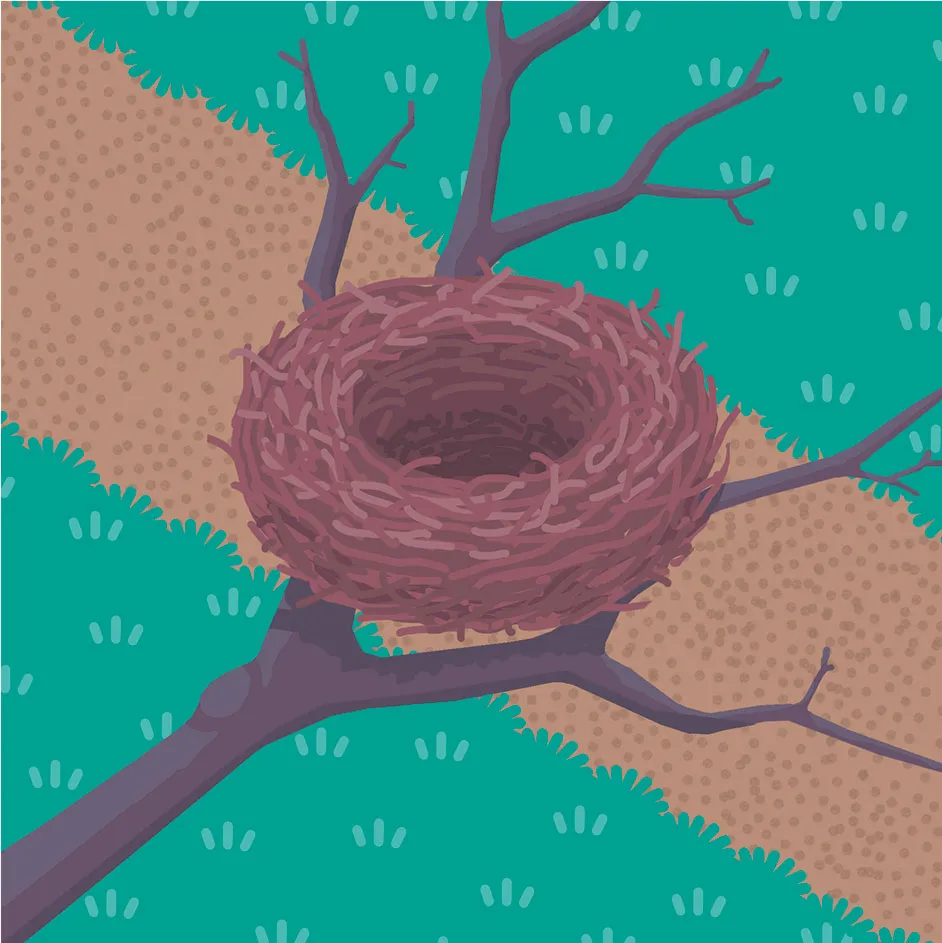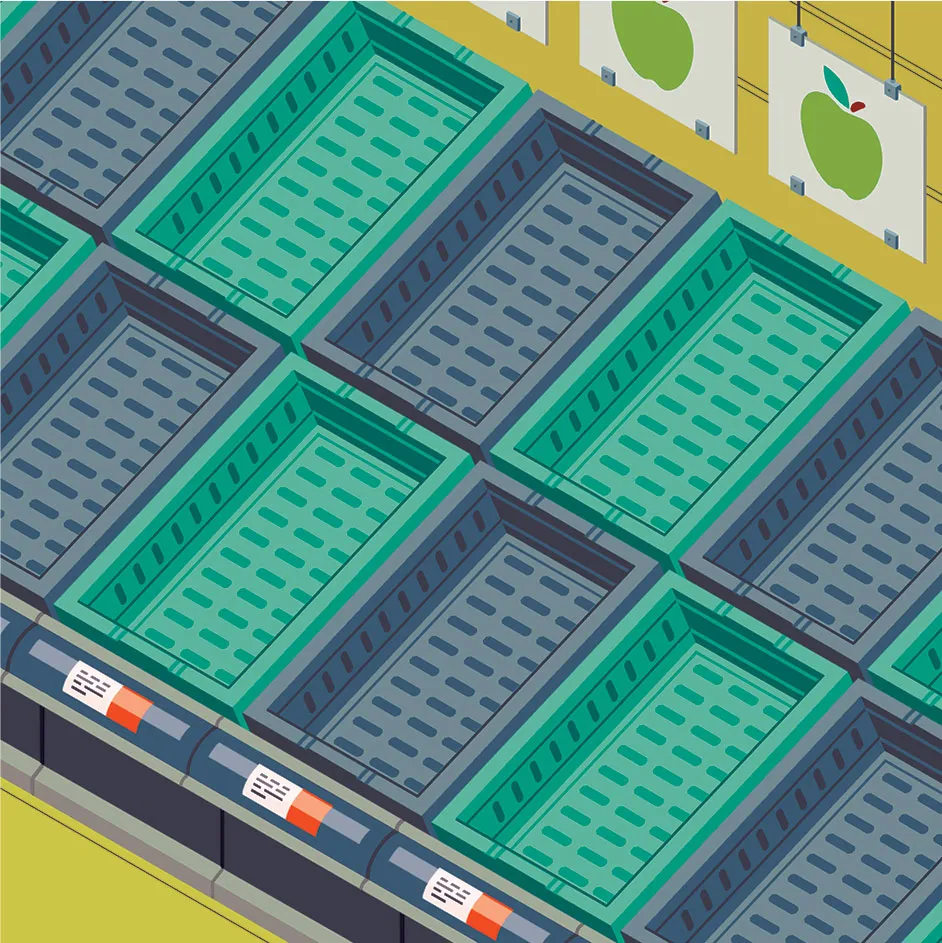1. Food chain collapse

Most non-marine food chains depend on insects. Almost all birds eat insects, and even those that eat seeds as adults still feed insects to their young. It takes 200,000 insects to raise a swallow chick to adulthood. Insects also break down plant matter and help recycle nutrients into the soil. Without any insects at all, most bird and amphibian species would be extinct in two months.
2. No pollination

Of the world’s food crops, 75 per cent are pollinated by insects. Without insects, we could still grow many foods, but onions, cabbage, broccoli, chillies, most varieties of tomato, coffee, cocoa and most fruits would be off the menu. So would sunflower and rapeseed oil. Demand for synthetic fibres would also surge because bees are needed to pollinate both cotton and flax for linen.
3. Less insecticide

On the plus side, if there were no longer any insects, we wouldn’t need the 430,000 tonnes of insecticides that are sprayed onto crops every year. In the US, pesticide residues cause between 4,000 and 20,000 cases of cancer each year, according to the National Academy of Sciences. But this is a small compensation for total ecological collapse and global famine.
Subscribe to BBC Focus magazine for fascinating new Q&As every month and follow @sciencefocusQA on Twitter for your daily dose of fun science facts.
